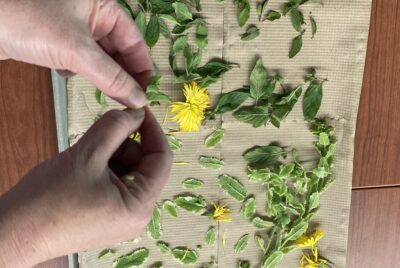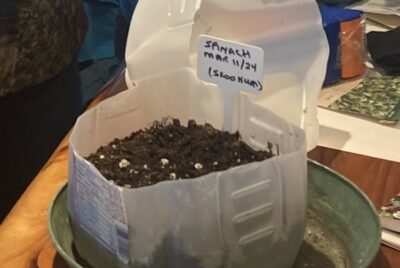RESEARCH
Horticultural Therapy for Individuals Coping with Dementia: Practice Recommendations Informed by Related Non-Pharmacological Interventions
Summary
This paper explores how gardening and plant-based activities can help people with dementia. The authors discuss different ways to use horticultural therapy, which involves working with plants, to improve the quality of life for those with dementia and reduce challenging behaviors. They explain how these activities can be adapted for different abilities and suggest creating special gardens that are safe and enjoyable for people with memory problems. The paper also talks about how these nature-based activities can help caregivers by reducing their stress and improving their relationships with the people they care for.
The authors recommend combining horticultural therapy with other approaches like sensory stimulation and reminiscence therapy, which uses familiar objects and activities to trigger memories. They provide practical advice on how to set up gardening activities and create memory gardens, emphasizing the importance of allowing people with dementia to make choices and feel a sense of accomplishment. The paper suggests that these nature-based therapies can be a cost-effective and enjoyable way to manage the symptoms of dementia and improve overall well-being for both patients and caregivers.







